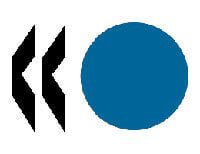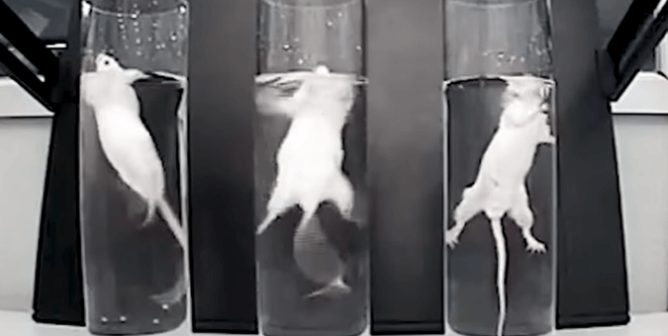Organisation for Economic Co-operation and Development
One of the challenges that PETA faces in its campaign to end animal testing is that many of these tests have become entrenched in international testing guidelines, most notably those of the Organisation for Economic Co-operation and Development (OECD).
The OECD—an economic alliance of 35 member countries, including the U.S., Canada, Australia, Japan, and the European Union—works to promote international consistency in many areas, including the testing, labeling, and regulation of chemicals.
One of the OECD’s main activities in this regard is the development of guidelines for the screening and testing of chemicals’ effects on human health and the environment. Nearly 100 OECD test guidelines are currently “on the books,” of which nearly half are animal-poisoning studies.
With the goal of promoting greater international acceptance of non-animal test methods, PETA sought to gain entry into high-level OECD meetings. To do so, PETA spearheaded the formation of an official nongovernmental organization called the “International Council on Animal Protection in OECD Programmes” (ICAPO).
ICAPO was formally admitted to the OECD in 2002 as an “invited expert” and the voice of the international animal protection community. Since that time, ICAPO has submitted detailed comments on dozens of proposals for new test guidelines, draft reports, and other technical documents. As a founding member of ICAPO, PETA sends its scientific experts to precedent-setting international meetings and conferences, allowing us to advocate more effectively for good science and the development and use of non-animal test methods. Our accomplishments to date include the following:
- Convincing world governments that animal tests must be held to the same scientific standards as non-animal methods
- Influencing the international acceptance of three new non-animal OECD test guidelines as replacements for animal tests for skin irritation (whose validation PETA U.K. supported financially), skin corrosion, phototoxicity, and skin absorption, as well as securing the deletion of the notoriously cruel traditional LD50 test from OECD guidelines
- Ensuring a more prominent role for non-animal methods for the testing of chemicals for “endocrine disrupting” effects, including the formation of a special OECD focus group dedicated to this purpose
- Obtaining OECD acceptance of six new non-animal testing guidelines
- Financially supporting a 2009 workshop through the OECD to review for regulatory acceptance the Quantitative Structure Activity Relationship decision tree for estrogen receptor, a method of research that will reduce reliance on animal testing. The workshop led to the acceptance of this method by the OECD as well as the U.S. Environmental Protection Agency
- Providing $280,000 to the International QSAR Foundation in 2009 to develop the OECD Toolbox, a collection of computer models and databases that can be used to estimate the toxicity of chemicals without the use of animals
- Working with the OECD to formally adopt a reproductive toxicity test in 2011 that uses half the number of animals than the current test (1,300 rather than 2,600) and working to gain international acceptance of this method
These accomplishments have significant global implications and will spare potentially millions of animals from suffering and dying in chemical-poisoning studies.
Click here for a list of internationally accepted non-animal methods used in regulatory testing.








